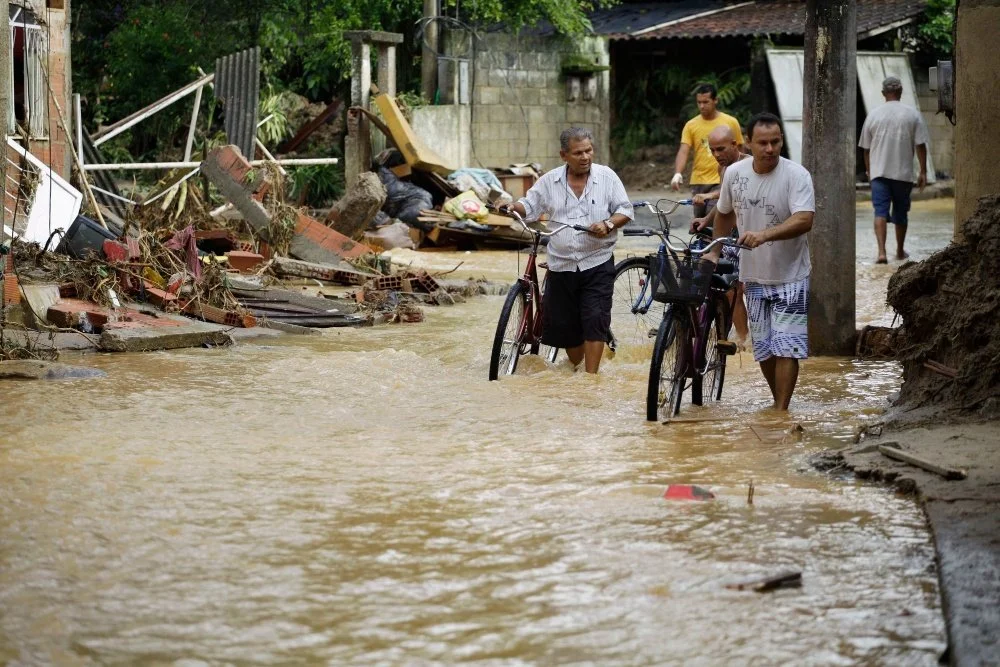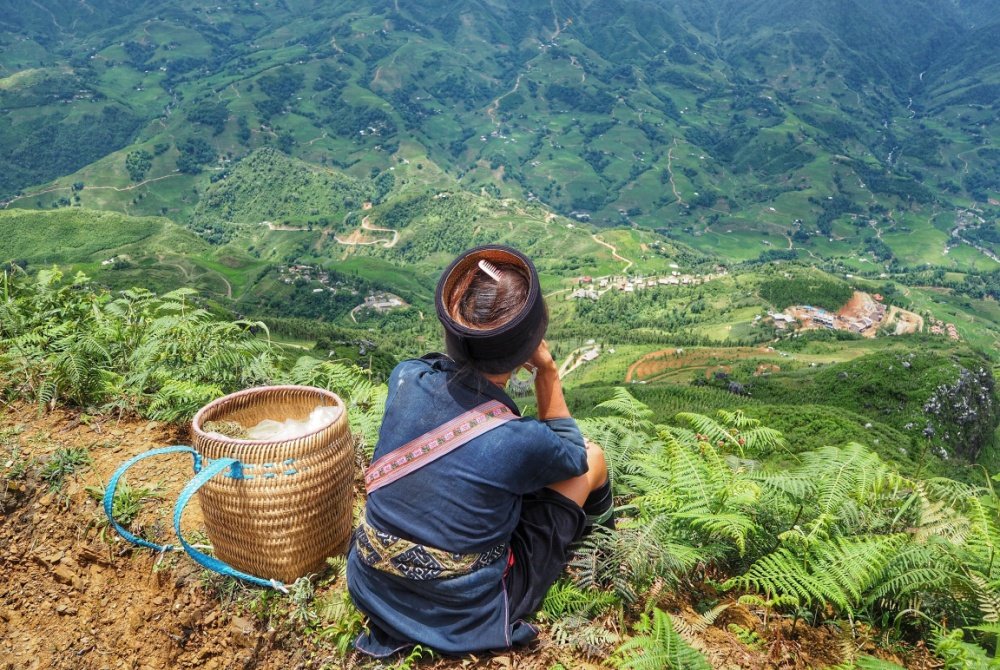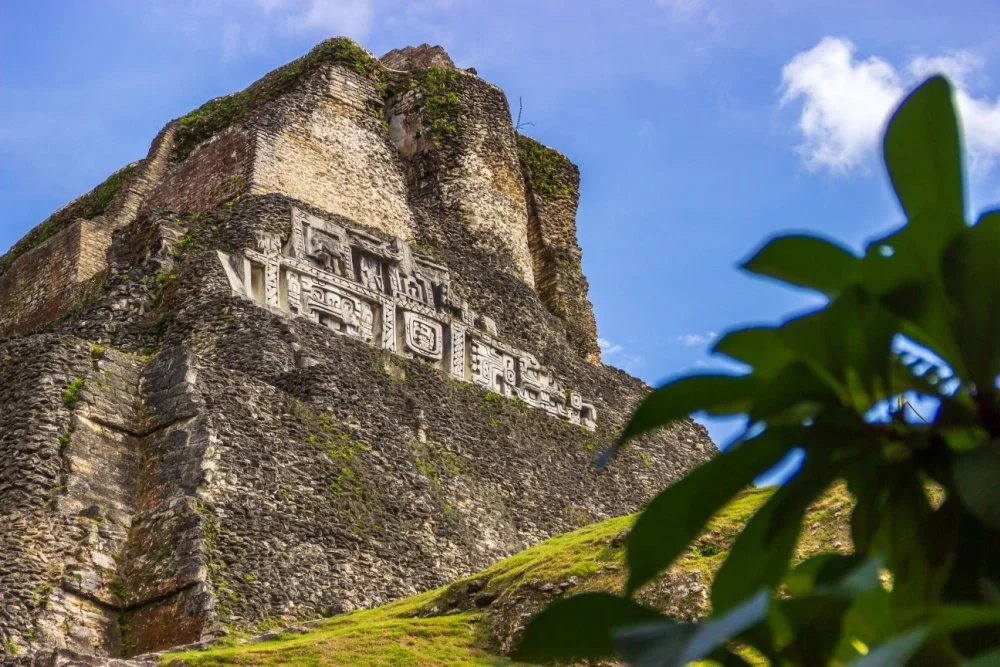A Regional Funder Giving Where Food, Health, and Environment Meet
/The closer you get to the community level, the clearer it becomes that issues like equity, health, the environment, even the arts, are tightly intertwined. You can’t really work to improve one without thinking about the others.
That’s a big reason sustainable food and agriculture funding has been such a draw for donors in recent years—it can provide powerful access to any number of issues. Funders are always looking for these pressure points that can unlock multiple benefits at a time.
The Philadelphia area’s Claneil Foundation has embraced the interrelated nature of three of those issues in particular—food, health, and the environment—and made them a combined cornerstone of its recently revamped grantmaking strategy.
Related:
- How a $90 Million Mix of Grants and Financing Seeks to Make Infrastructure More Equitable
- Turning Run-Down City Land into Examples of Equitable Green Infrastructure
- For Noyes Foundation, Fixing Food Means Racial and Economic Justice
Claneil is a relatively small foundation built on the wealth of the McNeil family, heirs of pharmaceutical exec Henry Slack McNeil, and worth about $64 million in assets. The foundation has been giving for about 40 years, mostly around its home base, but sometimes elsewhere in the mid-Atlantic and New England regions. It’s given to a mix of causes and morphed over time, as community-based family foundations tend to do.
This year, the foundation unveiled its updated suite of programs. The Community Fund makes local grants, and only gives to groups working in at least two of those three main issues, also focusing on vulnerable populations.
“Acknowledging that health and well-being are determined by multiple interrelated factors, the foundation is interested in organizations that work at the nexus of food, health and the environment on the individual, community and/or systemic levels,” guidelines state.
This is an interestingly deliberate merging of interests, and a trend we’re seeing in city philanthropy, as funders try to break down some silos and draw grantee interest in the process. Take, for example, the Kresge Foundation’s wildly popular FreshLo program, which merges culture and placemaking with food systems. The funder received more applications for that RFP than it had seen for any other funding opportunity in its 92-year history.
Related:
- An Interesting Twist in the Growing Feast of Food Philanthropy: Creative Placemaking
- "Nutritious, Affordable." Who's Bankrolling a New National Hub for Healthy Food?
- Rockefeller Hopes to Help Food Waste Movement Coalesce in 2017
No doubt there are many potential grantees in Philly that will jump at Claneil’s approach—we’ve already seen popular programs in this spirit thrive there, such as philanthropic darling and repeat Claneil grantee the Food Trust.
As far as the other initiatives, a Critical Issue program focuses on one emerging issue every five years. The last round was on the health impacts of fracking, and the current focus, also speaking to an emerging funding trend, will be food waste. This is another hot corner of food philanthropy, with the Rockefeller Foundation and a number of other funders making waste a priority.
Related:
- Will Curbing Food Waste Catch on in U.S. Philanthropy?
- Rockefeller Hopes to Help Food Waste Movement Coalesce in 2017
- Main Course: A Small Family Foundation is Making Food Waste a Big Priority
An Emerging Leaders program is a nomination-based program that gives unrestricted general operating funds of $240,000 over four years. Finally, there’s a Partnership Fund, a neat mechanism that allows past grantees to come back to the well for additional general operating support.
That’s another thing to like about Claneil. In addition to giving a lot to underserved communities, its big on unrestricted funds. General operating support is a hallmark in most of its grantmaking, and offers the kind of flexibility that helps community groups wrestle with these multilayered problems.







































